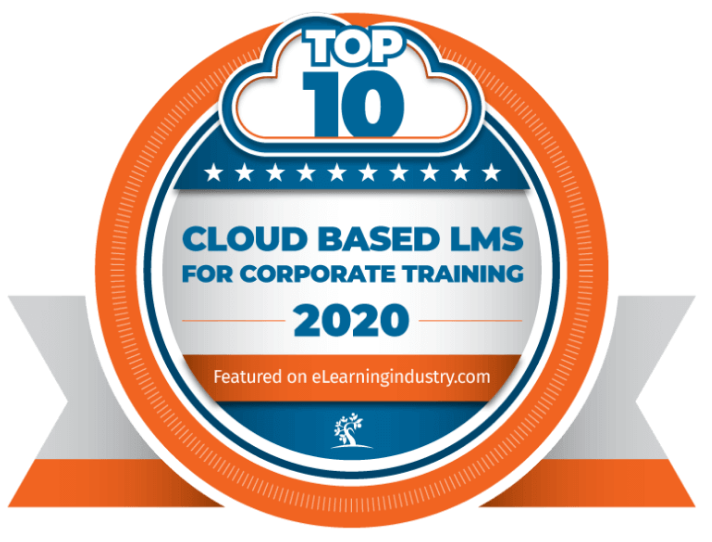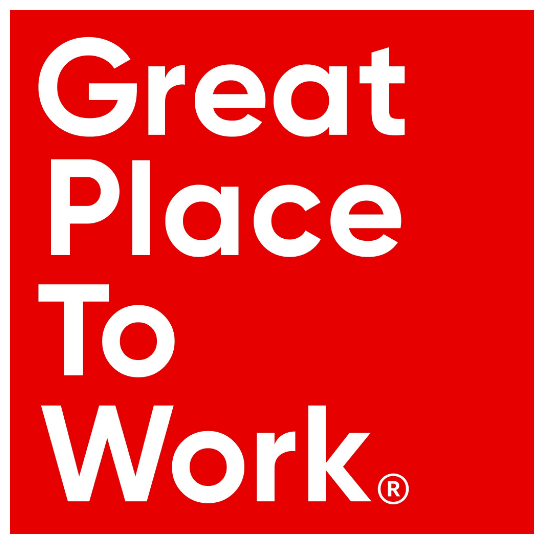November 2, 2020
4 Key Features of Learning Management Systems for Retail Workforce Training

It is always a daunting task for retail companies to train their employees in a way so that they can provide top-notch customer experiences. With a significant change in consumer needs across the globe, the scope for online Learning Management Systems is also evolving. Most organizations in retail sector are shifting from Instructor-led Training (ILT) to online or Virtual ILT approach to deliver training-anytime, anywhere, and on any mobile device. Ultimately, the LMS plays a vital role in driving workforce engagement, customer retention, and generating maximum revenues.
An industry like retail, owes much of its growth and success to customer retention and overall sales, therefore, delivering effective training for retail and customer services becomes important. Retail organizations leverage custom training solutions using the Learning Management System to cater to the ever-changing training requirements for employees. Some key features that make a corporate LMS effective for Retail Organizations are-
1. Interactive Dashboard
An intuitive LMS dashboard enables the retail workforce to easily navigate through the system and access updated information related to products and services. The LMS delivers personalized training and helps the retail workforce boost their skills on product knowledge, sales enablement, customer handling, soft skills, and more. On the organizational level, it is one step towards attaining success, driving business performance, and overall ROIs.
2. Responsive Design
The globally dispersed retail salesforce may need to access training courses as well as assessments anytime and from anywhere. The responsively designed modern LMS provides training courses across personalized mobile devices such as tablets and smartphones. Even if the sales executive is on the go, he or she can simply watch a short video on ‘contactless sales’ or view a PDF on ‘latest products and features’ without any need to ‘pinch and zoom’. Retail employees can even seek queries from instructor or share ideas with peers through their mobile device.
3. Cloud Hosted
Due to the high attrition rate in the retail industry, companies deploy cloud hosted LMS to cater to the training needs of hundreds of new hires. In addition to onboarding, the cloud hosted LMS streamlines other training processes such as product & sales training, leadership, soft skills, and others. Consequently, the cloud LMS becomes scalable enough to support hundreds of users, ensuring improved reliability and operational efficiency.
4. Analytics & Reporting
Modern LMS supports analytics feature which allows the managers to fill the gaps between employees’ performance and the company’s goals. The LMS generates custom reports that reflect employees’ progress in terms of total number of conversions, client interactions, specific skill acquired, product sales, and more. The foremost benefit of reporting feature is that managers can analyze individual progress and provide immediate feedback whenever an employee faces some difficulty while completing a course or developing a new skill.
An incredible customer service experience can be the make-or-break force to help your organization stay ahead of the curve. Learning Management Systems deliver adequate training for the retail and customer services professionals, leading to improved engagement, better customer relations, and enhanced growth.






